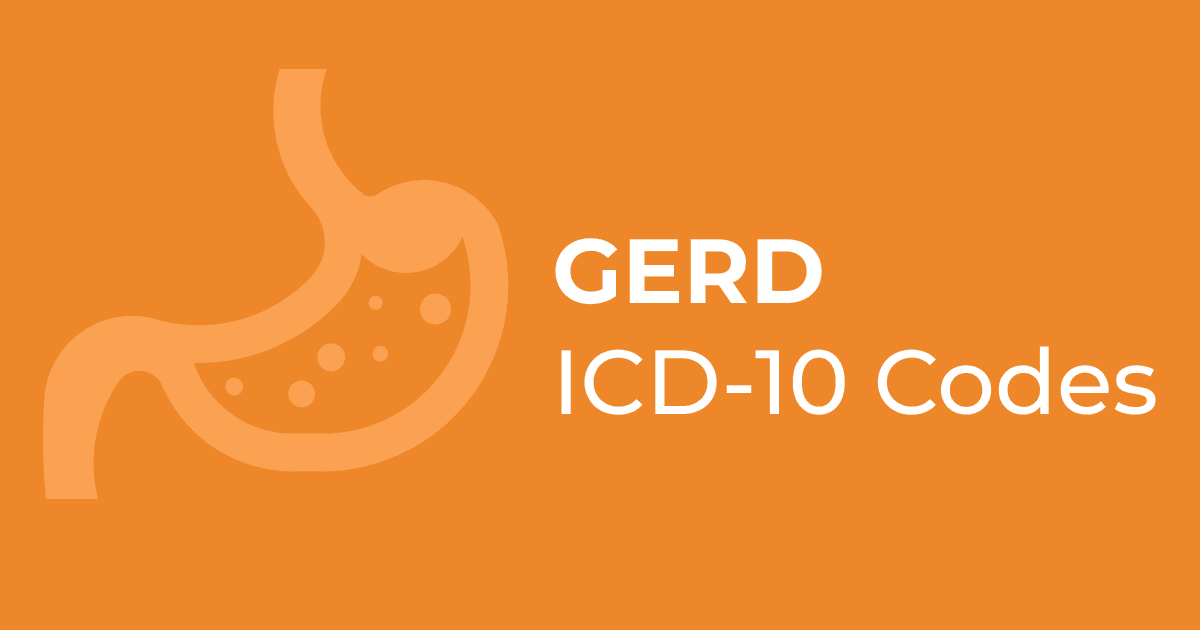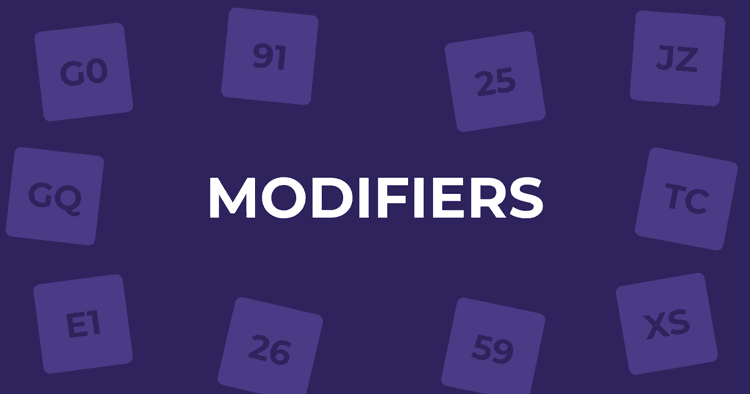GERD ICD-10 Codes (Gastroesophageal Reflux Disease) Reference & Guide

This guide provides a quick reference for primary gastroesophageal reflux disease (GERD) ICD-10 codes, covers associated conditions, and offers practical insights for proper documentation and billing.
Primary GERD ICD-10 Codes
Below are the main ICD-10 codes used for GERD diagnoses, with specific details for cases involving esophagitis:
- K21.00 - Gastroesophageal reflux disease with esophagitis, without bleeding: Use this code when GERD involves esophagitis but there is no bleeding.
- K21.01 - Gastroesophageal reflux disease with esophagitis, with bleeding: This code applies when GERD with esophagitis is accompanied by bleeding. Accurate documentation of bleeding is crucial for using this code.
- K21.9 - Gastroesophageal reflux disease without esophagitis: This is a suitable default code when the presence of esophagitis is unknown or unspecified. It should be used when there’s no clear indication of esophagitis in the documentation.
Choosing between K21.00 and K21.01 helps accurately reflect the severity of GERD and its impact on the esophagus. Confirm if bleeding is involved, as it affects both treatment and reimbursement.
ICD-10 Codes for GERD-Related Complications and Associated Conditions
GERD is often linked to or can lead to other health issues. Here are some codes that may be relevant for GERD-related complications:
- K22.70 - Barrett’s esophagus without dysplasia: This code is used for cases where chronic GERD has led to Barrett’s esophagus but no dysplasia is present.
- K22.71 - Barrett’s esophagus with dysplasia: This code is appropriate when Barrett’s esophagus has dysplastic changes, which can increase the risk of esophageal cancer. Documenting dysplasia is important for accurate billing and patient care.
- J98.01 - Acute bronchospasm: Use this code if GERD exacerbates or is associated with bronchospasm. In cases where GERD contributes to respiratory complications, additional codes may be necessary to specify conditions like asthma or chronic bronchitis.
These codes help provide a comprehensive picture of GERD’s impact on a patient’s health, ensuring all aspects are documented and billed correctly.
Additional Coding Considerations for GERD ICD-10 Codes
- Using Additional Digits for Specificity: Certain GERD-related codes, like K21.01 and K22.71, require additional digits to specify the presence of bleeding or dysplasia. Ensure documentation fully reflects these details for correct coding.
- Coding for Respiratory Complications: GERD can aggravate respiratory issues, including chronic cough, asthma, or bronchitis. When GERD exacerbates asthma, consider including specific asthma codes based on the patient’s diagnosis.
- Documenting Underlying Conditions: For chronic GERD, especially with associated complications, it is essential to document any underlying conditions (such as obesity or smoking) that may contribute to GERD severity. This can support comprehensive care and may influence treatment plans.
Example: If a patient has GERD with Barrett’s esophagus and dysplasia, use K21.00 for GERD without bleeding and K22.71 for Barrett’s esophagus with dysplasia to accurately reflect the diagnosis.
Best Practices for Accurate GERD ICD-10 Coding
To ensure coding accuracy, consider these best practices:
- Verify Documentation: Confirm that clinical notes and diagnostic tests support the selected codes, especially for Barrett’s esophagus or respiratory complications.
- Choose Specific Codes: Whenever possible, use the most specific codes available to capture the severity and nuances of the patient’s condition.
- Capture All Complications: GERD can lead to various complications, including respiratory issues and esophageal damage. Ensure that these are documented and coded to reflect the full clinical impact.
Common Pitfalls and Errors in GERD ICD-10 Coding
Avoid these common coding errors:
- Overlooking GERD Complications: GERD may contribute to other conditions such as bronchospasm, asthma, or Barrett’s esophagus, which should be documented and coded as appropriate.
- Using General Codes Without Specificity: Be specific about the presence of esophagitis and bleeding when selecting between K21.00 and K21.01 to ensure accurate billing and appropriate reimbursement.
- Failing to Document Associated Symptoms: If GERD is linked to other symptoms, such as chronic cough, asthma, or bronchospasm, ensure these are noted in the patient’s record and included in coding.
Resources for Further Guidance on GERD ICD-10 Codes
For up-to-date and detailed guidance, refer to the following resources:
Note: ICD-10 coding guidelines are updated annually. Always refer to the latest resources for the most accurate information. This GERD ICD-10 reference guide provides essential codes for accurate billing and diagnosis, enabling healthcare professionals to navigate coding requirements effectively and ensure comprehensive documentation.
Disclaimer: This guide is based on current coding standards and serves as a reference for healthcare professionals. However, coding practices and standards may change. Always consult the latest official resources and consider seeking guidance from a certified coding professional for complex cases.
Considering a new medical billing company?
Explore our top medical billing companies marketplace.

